Recent escalations in tensions in the Red Sea have caused major global cargo carriers to take detours. But that’s hardly the only issue major shipping lines will have to contend with as 2024 begins.
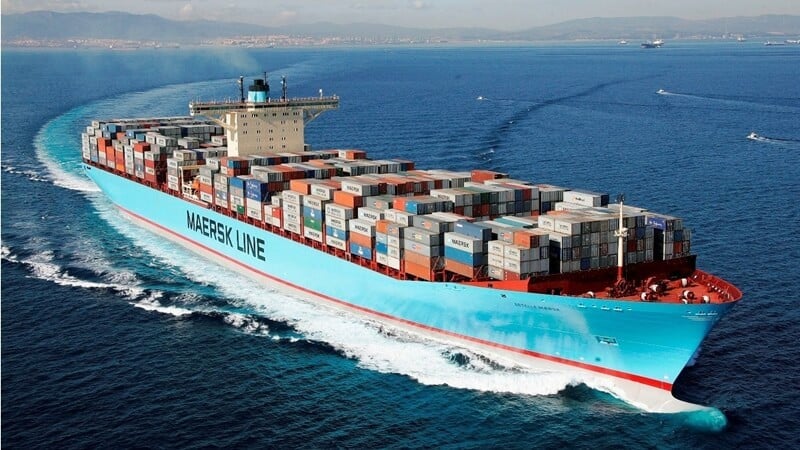 |
| Maersk Shipping has joined other major shipping lines in rerouting vessels leaving the Red Sea. (Illustration photo. Source: VIMC) |
Danish shipping giant Maersk, which carries 90% of global trade, faces potential disruptions due to ongoing conflicts around the world and drought affecting key shipping routes such as the Panama Canal.
Ship schedules are complex and can be out of sync for giant container ships, fuel tankers and other cargo ships throughout the year.
This will further delay shipping and increase costs for retailers such as Walmart, IKEA and Amazon, as well as food manufacturers such as Nestle and grocers including Lidl.
The possibility of increased tensions in the Red Sea to the Arabian Gulf affecting oil shipments is also an additional risk in 2024, Reuters quoted Peter Sand, chief analyst at shipping data provider Xeneta, as saying.
In addition, the continuing crisis in Ukraine also makes grain trading difficult.
Earlier on January 5, Maersk shipping company, along with other major shipping lines, rerouted ships out of the Red Sea to avoid conflicts in the area that lead to the Suez Canal, the shortest route connecting Asia to Europe.
This route carries more than 10% of all goods transported by sea and nearly one-third of the world's containerized cargo.
While oil and fuel tankers supplying Europe continue to pass through the Suez Canal, most container ships are rerouting their cargo around South Africa's Cape of Good Hope.
Shipowners' fuel costs have risen to as much as $2 million per round trip as they divert to the Suez Canal, and Asia-Europe spot rates have more than doubled from their 2023 average to $3,500 per 40-foot container.
Rising costs could lead to higher prices for goods that reach consumers, although Goldman Sachs said on Friday the inflation shock would not be as bad as the turmoil during the 2020-2022 pandemic.
Alan Baer, CEO of freight forwarder OL USA, expects more difficulties in the first quarter of 2024.
Not just a political issue, extreme weather events are becoming more frequent and immediate, and have even more severe impacts.
Shipments through the Panama Canal, an alternative to the Suez Canal, have dropped 33% due to low water levels, according to supply chain software provider project44. Such restrictions have led to a sharp increase in the cost of shipping dry bulk commodities such as wheat, soybeans, iron ore, coal and fertilizer by the end of 2023.
Brazil has suffered the double whammy of a historic drought in the Amazon and excessive rains in the north of the country, leaving cargo ships waiting longer than usual at the port of Paranagua in late 2023, just months before the peak soybean shipping season.
Meanwhile, on January 7, Globes (Israel) reported that China's COSCO Shipping Group has decided to stop cargo ships to Israel.
According to Globes , international container service companies have yet to receive an official announcement from COSCO, which holds 11% of the market share and is the world's fourth largest shipping line.
Source



![[Photo] Bus station begins to get crowded welcoming people returning to the capital after 5 days of holiday](https://vphoto.vietnam.vn/thumb/1200x675/vietnam/resource/IMAGE/2025/5/4/c3b37b336a0a450a983a0b09188c2fe6)
![[Photo] General Secretary To Lam receives Sri Lankan President Anura Kumara Dissanayaka](https://vphoto.vietnam.vn/thumb/1200x675/vietnam/resource/IMAGE/2025/5/4/75feee4ea0c14825819a8b7ad25518d8)
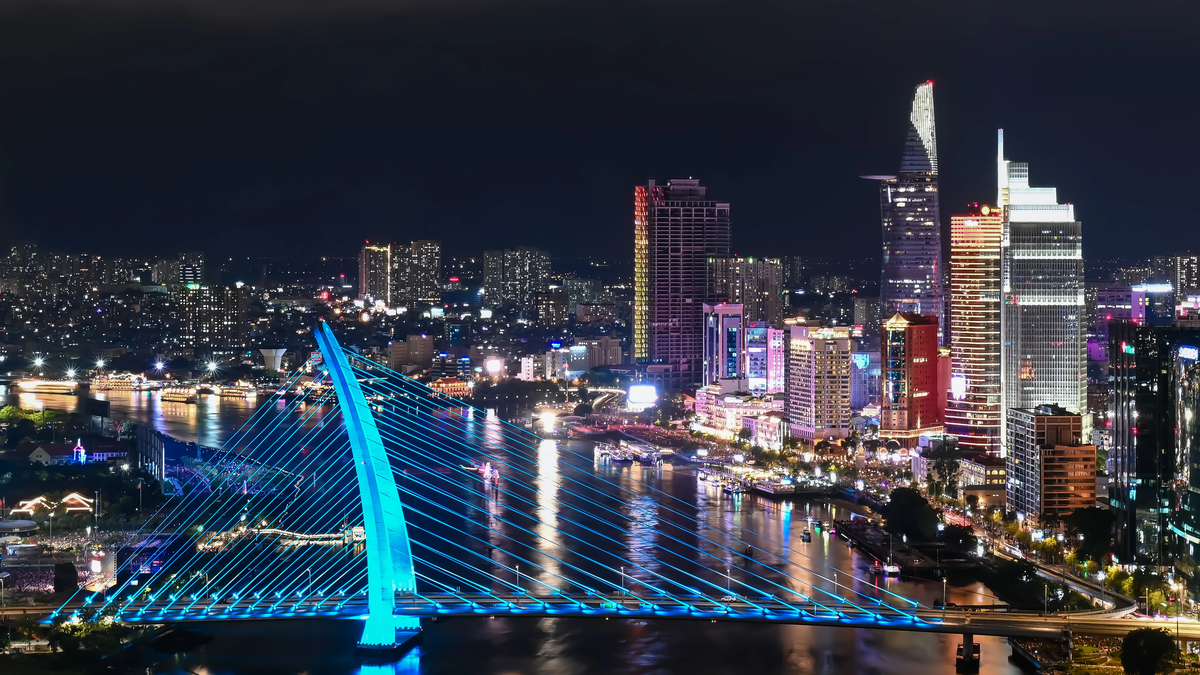

![[Photo] Vietnam shines at Paris International Fair 2025 with cultural and culinary colors](https://vphoto.vietnam.vn/thumb/1200x675/vietnam/resource/IMAGE/2025/5/4/74b16c2a197a42eb97597414009d4eb8)






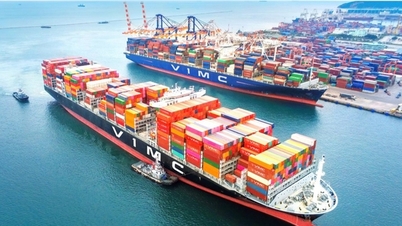

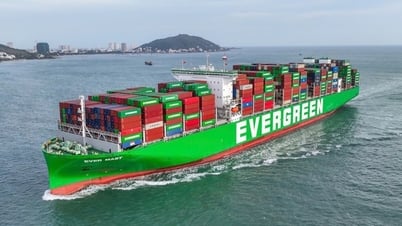












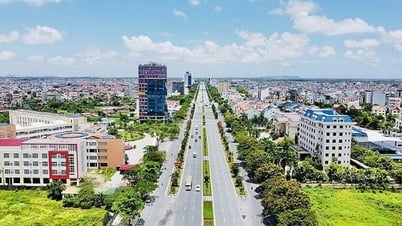



































































![[Video]. Building OCOP products based on local strengths](https://vphoto.vietnam.vn/thumb/402x226/vietnam/resource/IMAGE/2025/5/3/61677e8b3a364110b271e7b15ed91b3f)



Comment (0)